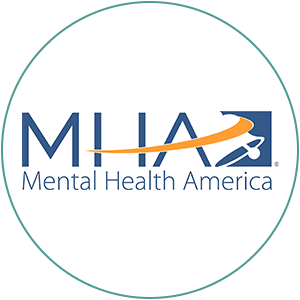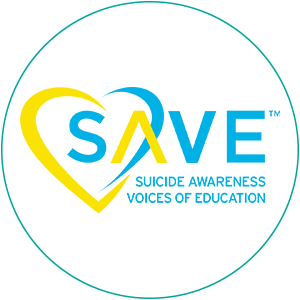
It’s time to put
kids before profits.
A national
mental health crisis
We are in the midst of a national epidemic of depression, anxiety, and loneliness among children and teens.
Over the last decade, rates of anxiety, depression, self-harm, and suicide have skyrocketed among America’s youth. From 2007 to 2018, rates of suicide among those ages 10-24 increased nearly 60%, and suicide is now the second leading cause of death among those ages 15-24 in the U.S. These trends are even more pronounced for teenage girls. According to the CDC, 3 in 5 teen girls feel "persistently sad or hopeless," and 30% have seriously contemplated suicide.
While this youth mental health crisis has many causes, technology platforms designed to encourage unhealthy patterns of use and serve up harmful content are creating a toxic digital environment that is contributing to poorer mental health outcomes for many young people. Legislative reforms to create a healthier digital ecosystem for young people can help — and in this moment of bipartisan concern, they are in Congress’ grasp.
We Support Kids’ online Safety
Join us in calling on Congress to put kids before big tech profits.
Write a letter to your elected officials today urging them to protect kids online.
Americans are concerned
Americans see social media’s impact on children as more negative than positive, expressing concerns around issues such as its overwhelming influence, as well as its impact on mental health.
Recent public opinion polling indicates that:
Americans hold social media responsible for bullying, childhood mental health struggles, and the spreading of false information.
of Americans believe that children’s “addictive” relationship with social media makes them worse at interacting with people face-to-face.
of Americans believe children’s relationship with social media weakens their ability to think for themselves, robbing them of their social skills and innocence.
Parents and Teens Can’t Do It Alone
Big Tech companies have designed social media to maximize profit without regard to the impact — and they do so by exploiting our children’s developmental vulnerabilities for commercial gain.
Parents and young people are working to develop healthier relationships with technology that support their mental wellness. But they are facing an uphill battle using platforms designed to capture their time and attention. Congress must finally put responsible safeguards on social media to protect the wellbeing of children online.
The Kids Online Safety and Privacy Act, along with the Kids Online Safety Act (H.R. 7891), directly addresses the harmful social media business model by placing the health and wellbeing of our children over advertising revenue.
















